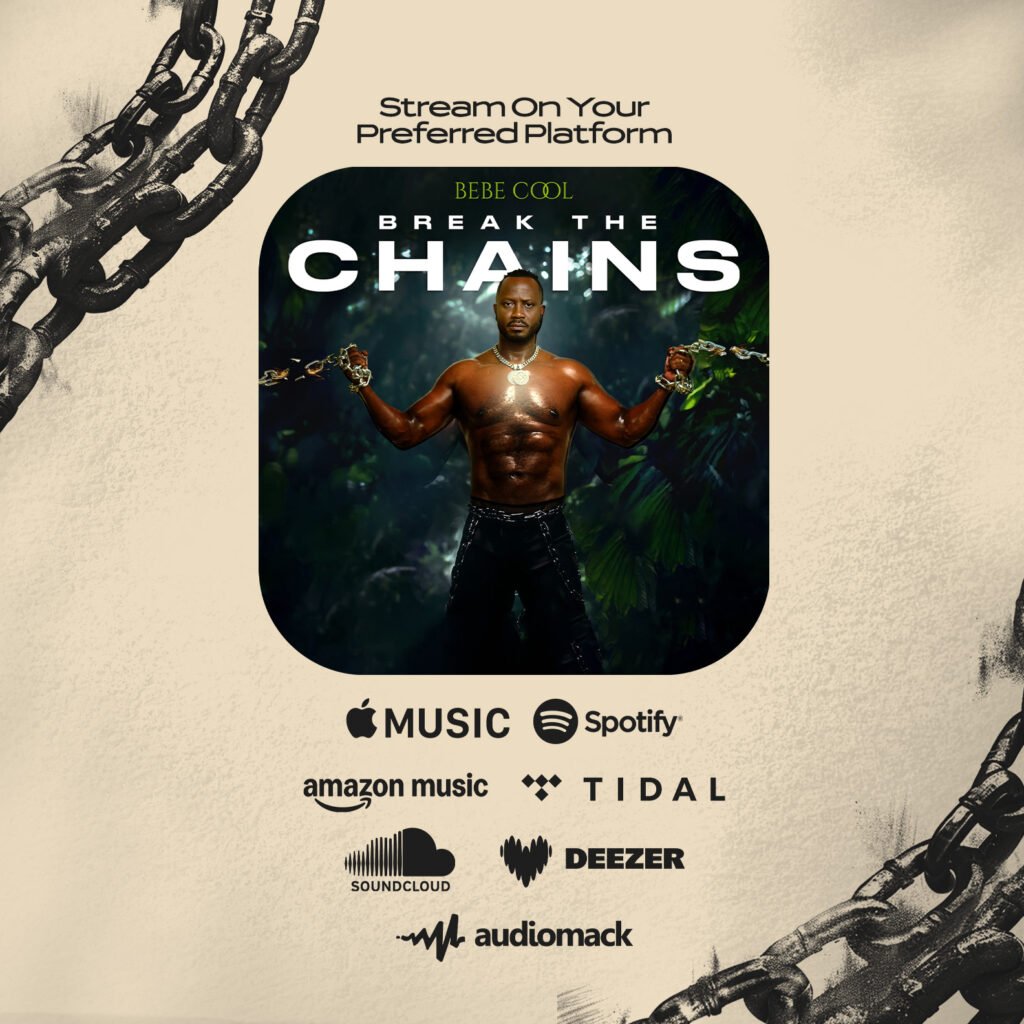By Our Reporter
PostBank Uganda has been appointed to disburse the government COVID-19 relief funds to the select Ugandans impacted by the pandemic and the ongoing lockdown.
As opposed to distributing food as was in the first lockdown, the government of Uganda through the Office of the Prime Minister is using mobile money to disburse funds to support people that were affected by the re-instating of lockdown intended to curtail the 2nd wave of the pandemic.
George William Kiyingi, the Manager Grants and Strategic Partnerships, PostBank Uganda said, “We welcome and appreciate the move by the government through the Office of the Prime Minister and the Ministry of Gender, Labor and Social Development in appointing PostBank as the viable partner for this project and would like to echo our dedicated support to this project till the end.”
“The payments will be made paid via Airtel Money and MTN Mobile Money to reach 501,107 households across Kampala Metropolitan Area, all cities and municipalities,” Kiyingi remarked, adding that, “of the total UGX 53 billion allocated, everyone will receive UGX. 102, 400.”
Mr Kiyingi also noted, “The Bank has set in order the required assets to ensure that all beneficiaries adequately receive their funds. As a bank that has experience in social disbursements, PostBank will make the payments as instructed and return to sender what has not been received. The support systems in charge of the disbursement process are well aligned, equipped and ready to serve our population once we receive a go ahead from GOU.”
Those whose National Identification Numbers (NINs) do not correspond with their mobile money account details will access their funds through the 14 PostBank mobile vans spread across the country. A beneficiary shall present his/her valid National ID for verification and issuance of funds.
The beneficiaries of the COVID-19 Relief funds, according to a list released by the Ministry of Gender, Labor and Social Development, include; barmen, DJs, barmaids, waiters, waitresses and bouncers, gym and restaurant workers, food vendors in tax, bus parks and arcades, musicians, comedians, producers, car washers, slum dwellers, street vendors, shoe shiners, promoters, salon and massage parlor employees, teachers and support staff in in both government and private schools, orphans and vulnerable children.







